Despite being one of the world's largest ethnic groups without a state, the international community often only pays attention to the Kurds when armed conflicts or political shifts bring them back into the spotlight. Estimates suggest there are 35–45 million Kurds, mostly residing in Turkey, Syria, Iraq, and Iran. However, Castel notes that the Kurdish community is far from politically unified, which adds to the complexity of their situation.
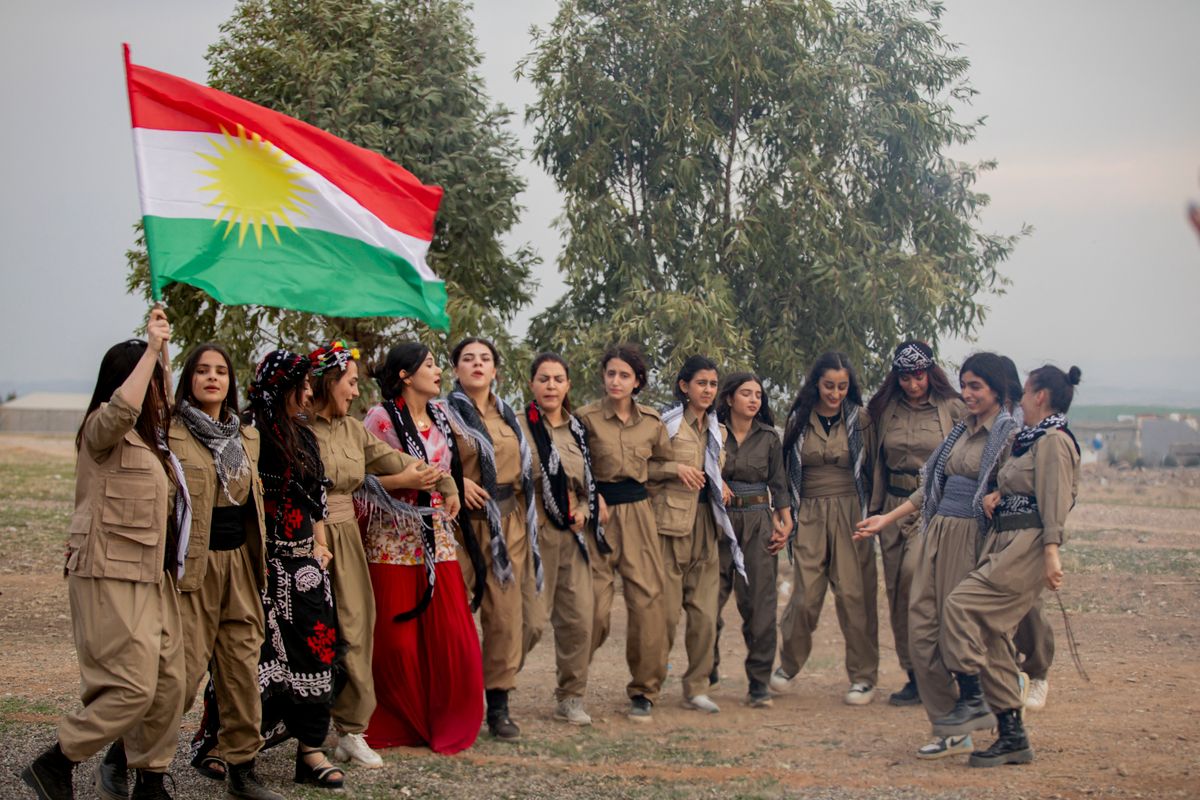
(Photo: AFP)
Demographics and Political Implications
The Kurdish population growth is shaping the region's future. In Turkey, the fertility rate in 2024 was about 1.5 children per woman, but in the eastern Kurdish-majority regions, this number was between 3 and 4 children per woman. Over time, this could significantly increase the Kurdish share of the population, leading to potential political shifts.
Castel compared:
Turkey’s demographic divide and subsequent impacts to a scenario where regions with fertility rates similar to Ireland and to Nigeria coexist within one country, inevitably generating political tensions. Demographic imbalances previously shaped the power struggle between Turkey’s western 'White Turks' and eastern 'Black Turks', ultimately leading to Erdogan’s Islamist “Second Revolution”, which dismantled Ataturk’s secular legacy.
However, Castel warned against overstating projections about a future Kurdish majority in Turkey:
The demographic balance of Turkey's ethnic groups is progressing with the elegance of a one-armed gorilla, and is compounded by a further asymmetry: that of Turkish and Kurd fertility rates. The imbalance manifests at two different levels. The forecasts indicating a Kurdish majority in the country by the 2040s, are likely to be gross exaggerations. The same processes that reduced fertility rates among secular Turks are now affecting conservative Turks and will eventually impact the Kurds as well. Urbanization, improved education for women, and the transition from rural to urban lifestyles will gradually slow Kurdish population growth.
While the timing of when these forces will affect the various ethnicities comprising Turkey's population is highly varied, lending to meta-questions such as what is Turkey,
the expert states. Turkey’s Kurdish population mainly influences politics demographically, while in Syria, the Kurds have played an active military and political role in the civil war.
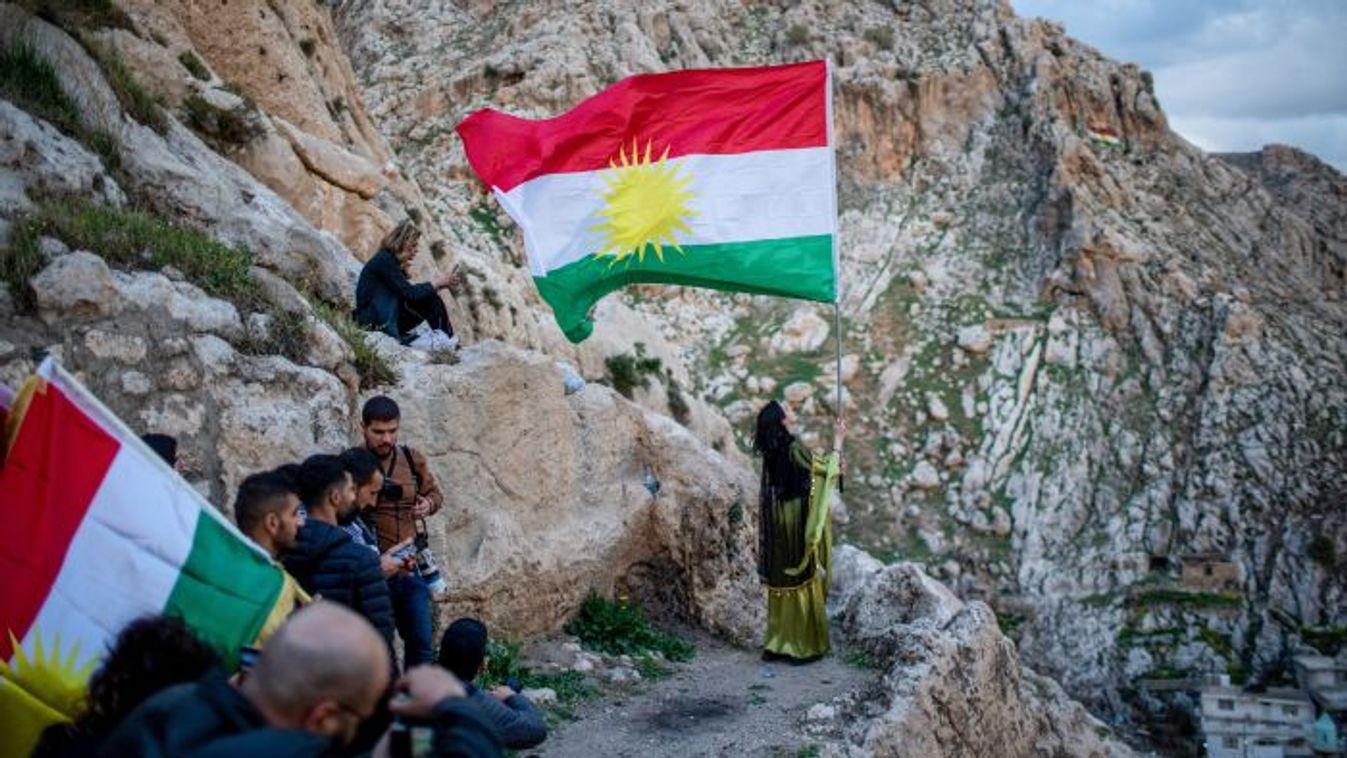

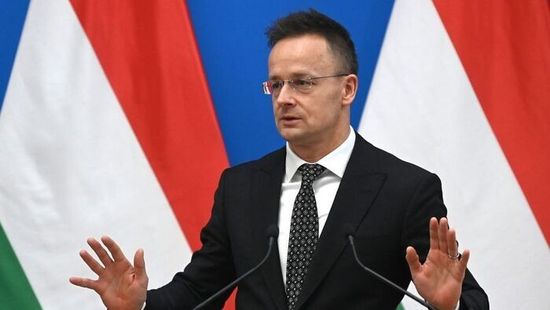

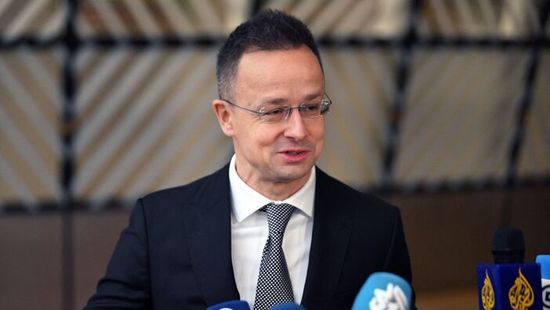


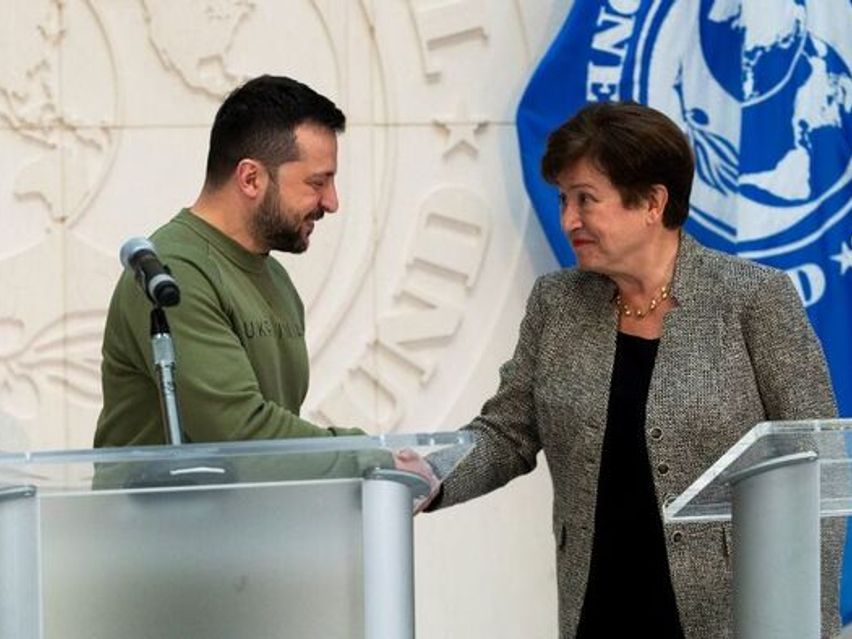



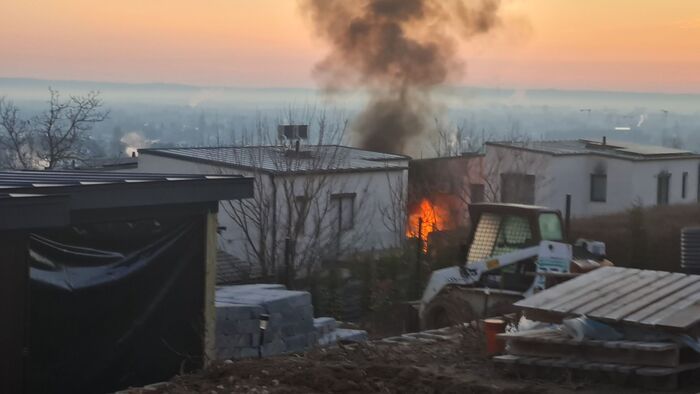
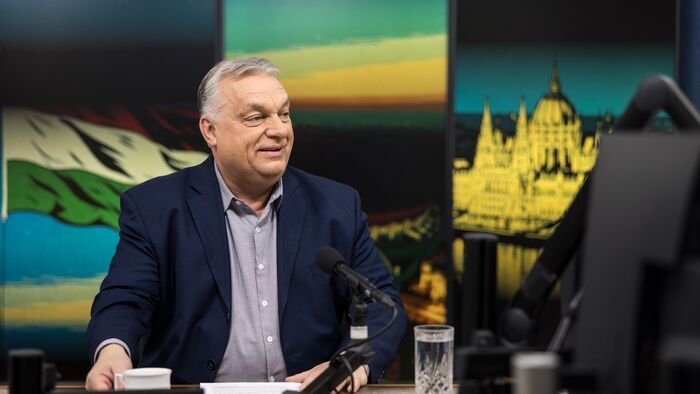


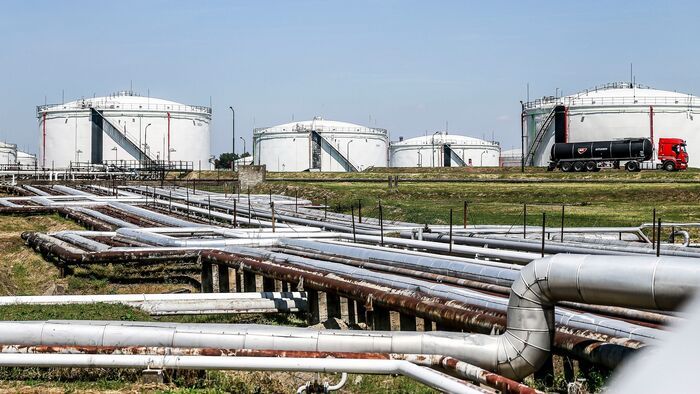







Szóljon hozzá!
Jelenleg csak a hozzászólások egy kis részét látja. Hozzászóláshoz és a további kommentek megtekintéséhez lépjen be, vagy regisztráljon!